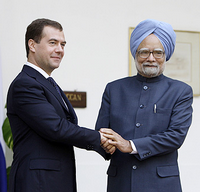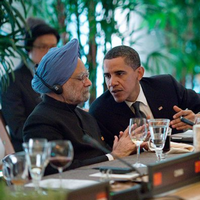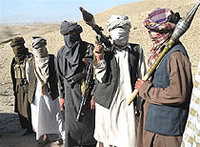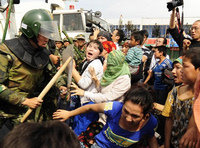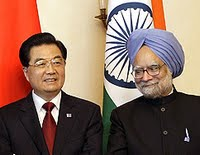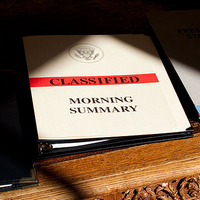
Last Friday, Wikileaks released a huge trove of documents on U.S. conduct of the war in Iraq. The release was conducted in collaboration with the New York Times, the Guardian, Channel 4, Al Jazeera, and Der Spiegel, and consisted mostly of U.S. military incident reports. Early reaction has concentrated much more on the substance of the material than on criticism of Wikileaks founder, Julian Assange. In part because of improvements in redaction policies, but also because negative revelations about the Iraq War are no longer as controversial as criticism of the ongoing Afghanistan conflict, attacks on Wikileaks have been more […]


